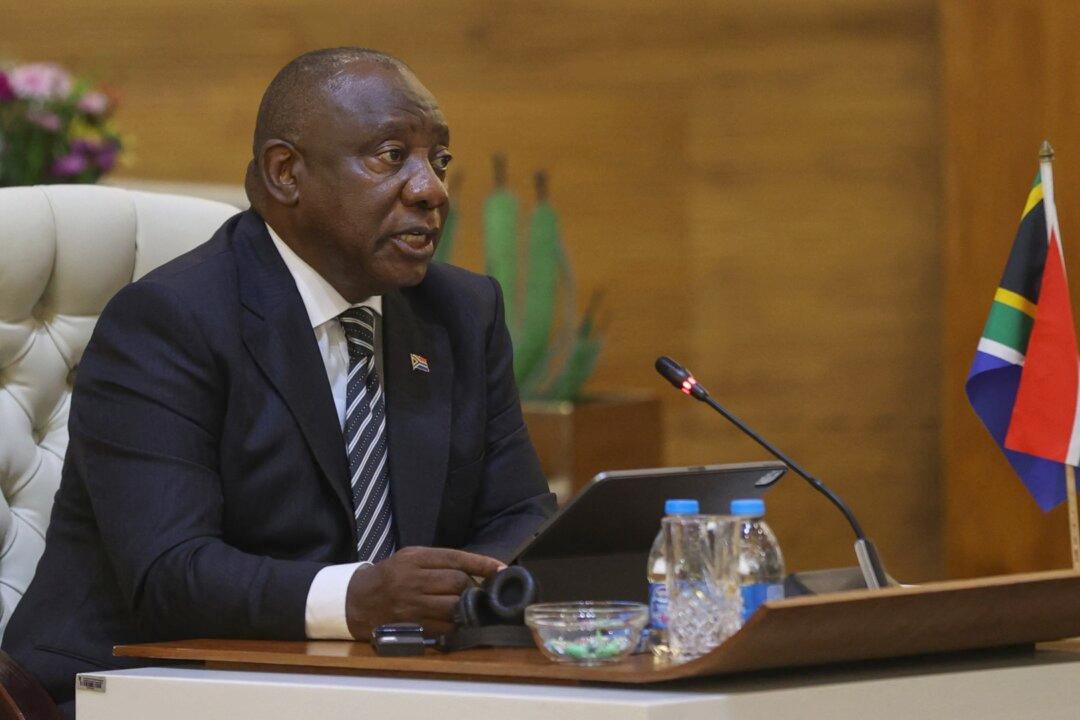JOHANNESBURG—When there’s electricity in the midst of daily blackouts, machines grind and hum inside Paul Morrison’s engineering works east of Johannesburg.
His employees work with steel and metal alloys, sometimes in conjunction with plastics, rubber, glass and wood, to manufacture tools and equipment for South Africa’s construction industry.





